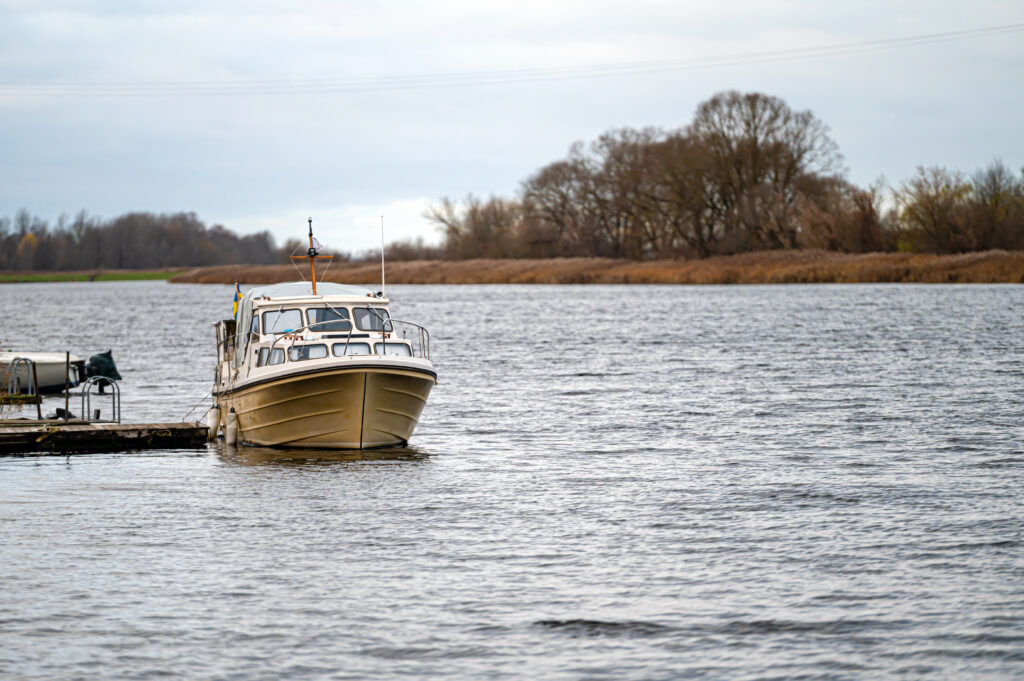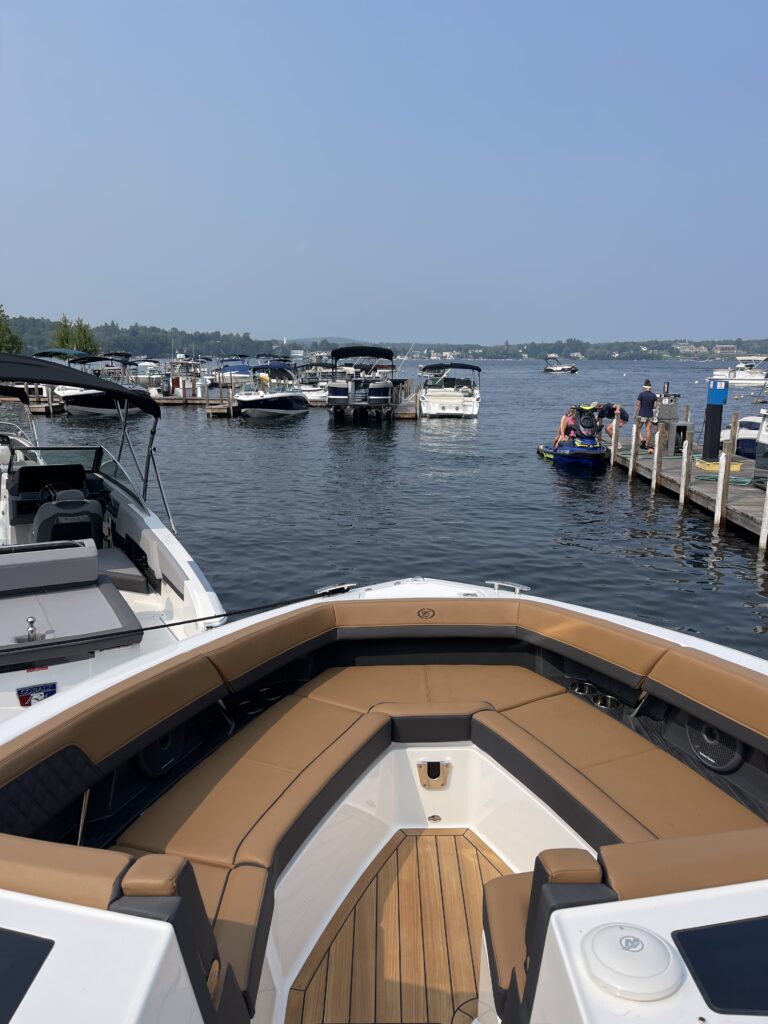Yachts represent the pinnacle of luxury and adventure on the open seas, but like any investment, their longevity depends on various factors. From build quality to maintenance practices, a yacht’s lifespan can vary significantly. This article explores how long does a yacht last, factors that influence their durability, and how owners can maximize the life of their prized vessels.

The Average Lifespan of a Yacht
On average, a well-maintained yacht can last between 20 to 50 years or more. This range is influenced by the type of yacht, materials used in its construction, and the conditions in which it operates. Motor yachts, for instance, tend to have a shorter lifespan than sailing yachts due to the complexity and wear of their engines.
Superyachts and mega yachts, often built with higher-quality materials and maintained by professional crews, can endure well beyond the 50-year mark. Conversely, smaller recreational yachts may see a shorter lifespan if not properly cared for.

Factors Influencing a Yacht’s Longevity
Build Quality
The foundation of a yacht’s lifespan begins with its construction. Yachts crafted from premium materials like fiberglass, aluminum, or steel tend to be more durable. The reputation and expertise of the builder also play a critical role. Renowned shipyards adhere to stringent quality standards, ensuring that their vessels are built to withstand the test of time.
Maintenance and Upkeep
Regular maintenance is perhaps the most significant factor in determining how long a yacht will last. Routine inspections, timely repairs, and preventive care can significantly extend a yacht’s usable life. This includes everything from engine servicing and hull cleaning to replacing worn-out components like sails, rigging, or electrical systems.
Usage and Environment
How and where a yacht is used also impacts its longevity. Yachts exposed to harsh conditions, such as rough seas or extreme weather, may experience accelerated wear and tear. Saltwater, in particular, can be corrosive to metal components and engines, making protective measures like anti-corrosion coatings essential. Yachts used primarily in calm, freshwater environments generally experience less stress and have longer lifespans.
Technological Advances
Modern yachts benefit from advancements in technology that enhance durability. Innovations in hull design, propulsion systems, and materials science have improved the resilience of contemporary yachts. Retrofitting older yachts with modern equipment can also help extend their lifespan, allowing owners to enjoy the latest features without investing in a new vessel.

Signs That a Yacht Needs Replacement or Extensive Repairs
While regular maintenance can keep a yacht in excellent condition, there comes a point when replacement or significant refurbishments become necessary. Key indicators include:
- Structural Damage: Cracks or deformations in the hull can compromise safety and performance.
- Engine Wear: Frequent engine breakdowns or reduced efficiency signal that a replacement might be due.
- Outdated Systems: Electrical, navigational, or mechanical systems that fail to meet modern standards can limit functionality.
- High Maintenance Costs: When repair expenses consistently outweigh the yacht’s value, it may be time to consider upgrading to a newer model.

Maximizing a Yacht’s Lifespan
Proactive Maintenance
Creating and adhering to a regular maintenance schedule is critical. Routine inspections should cover the hull, deck, engines, and onboard systems. Promptly addressing minor issues can prevent them from escalating into costly repairs.
Proper Storage
Storing a yacht properly when not in use can protect it from environmental damage. Indoor storage facilities or covered marina slips shield yachts from sun, rain, and other elements that contribute to wear and tear. For seasonal yachts, winterization is crucial to prevent damage during colder months.
Professional Crew and Services
Engaging experienced crew members and professional service providers ensures that a yacht is well cared for. A knowledgeable captain and crew can monitor the vessel’s condition, perform routine maintenance, and respond promptly to any issues.
Investment in Quality Upgrades
Upgrading components like engines, electronics, and interiors can breathe new life into an older yacht. High-quality upgrades not only extend the yacht’s usability but also enhance its resale value.

The Resale Market for Yachts
A well-maintained yacht retains its value better than one that has been neglected. The resale market for yachts is robust, with buyers seeking vessels that offer a balance of quality, performance, and aesthetics. Yachts with documented maintenance records and recent upgrades are particularly appealing to prospective buyers.
For owners considering selling their yacht, understanding market trends and working with reputable brokers can facilitate a successful transaction. The proceeds from selling an older yacht can often be reinvested into purchasing a newer, more advanced vessel.

The Emotional and Financial Value of Longevity
Beyond the monetary investment, a yacht often holds sentimental value for its owner. From unforgettable family vacations to thrilling adventures on the open sea, the memories made aboard a yacht are priceless. Ensuring a yacht’s longevity allows these experiences to continue for years to come.
Financially, a long-lasting yacht represents excellent value. By extending the life of a vessel through diligent care and timely upgrades, owners can maximize their return on investment while enjoying unparalleled experiences.
The Future of Yacht Longevity
As the yachting industry evolves, sustainability and innovation are becoming central themes. Eco-friendly materials, hybrid propulsion systems, and advanced coatings that resist wear and corrosion are setting new standards for yacht durability. These advancements not only extend the lifespan of yachts but also reduce their environmental footprint.
Fractional ownership and shared yacht programs are also reshaping the landscape. By distributing usage among multiple owners, these models reduce individual wear and tear, promoting longer lifespans for shared vessels.

Conclusion
The question of how long a yacht lasts is multifaceted, influenced by factors ranging from build quality to maintenance practices. While the average lifespan of a yacht spans decades, proactive care and modern advancements can push this boundary even further. For yacht owners, the rewards of diligent maintenance and thoughtful upgrades are immeasurable, ensuring that their vessel remains a source of joy and adventure for years to come. Whether through personal use or the resale market, a well-maintained yacht is a testament to the enduring allure of luxury on the water. We hope this helps you understand how long does a yacht last.
If you are in the market for a yacht, we offer yacht loans with warranties for free in the first year for our customers. Reach Float Finance today to get your yacht loan rate.
